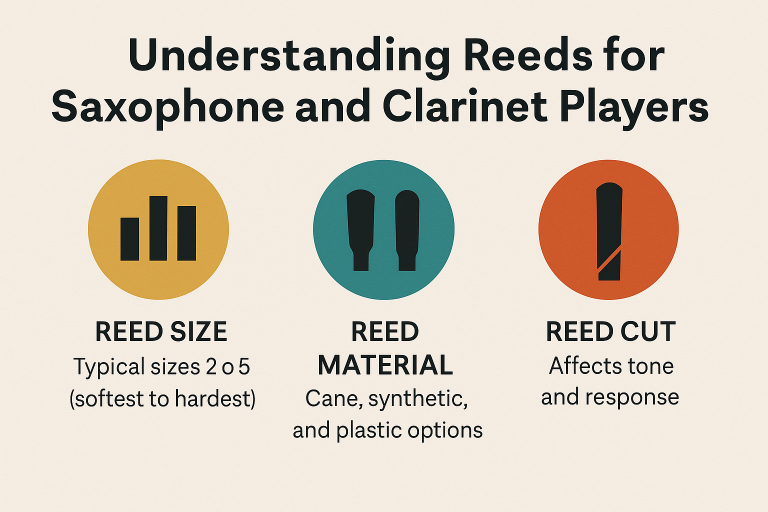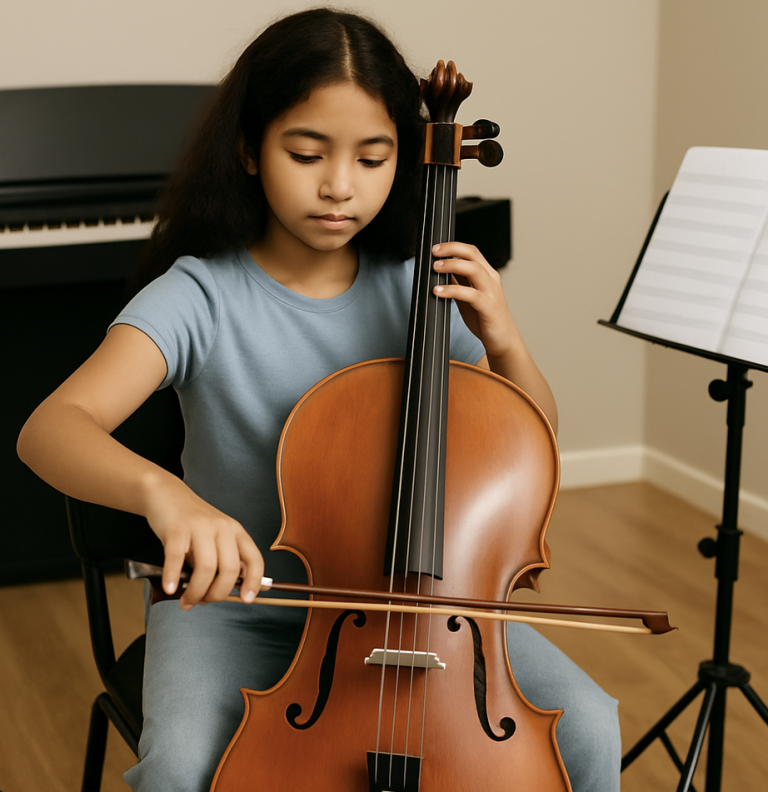Woodwind Tone
Developing Great Tone on Woodwind Instruments
For many instrumentalists, tone is a lifelong pursuit. It’s shaped by how and what we practice, the equipment we use, and the musicians we listen to. Beyond the technical, our tone is also influenced by our personal experiences and how we emotionally connect with our instrument.
While I can’t speak for every instrument, I’ve spent over a decade performing on saxophone, flute, and clarinet. Through that time, I’ve identified several practical strategies for improving tone:
1. Consistent, Focused Practice
There is no substitute for time with your instrument. Long tones, practiced with a tuner and metronome, help develop breath control, pitch accuracy, and embouchure strength. Work through scales, etudes, and stylistic repertoire—especially material that challenges you.
2. Record and Review
Even a simple phone recording can provide valuable feedback. Listen objectively and make notes on what you hear—tone quality, consistency, phrasing, and areas for improvement.
3. Study Great Players
Listening to leading performers on your instrument can reshape your concept of sound. Observe their tone, articulation, and phrasing. Try to transcribe and play along with recordings to internalize their style and refine your own.
4. Take Private Lessons
One-on-one instruction offers targeted feedback that band or group classes often can’t provide. A skilled teacher will help you troubleshoot issues and guide your development effectively.
5. Play with Others
Playing in ensembles sharpens your awareness of balance and blend. Listening to others’ tone in real time helps you adjust and respond musically, making you a more sensitive and versatile player.
6. Perform Regularly
Performance brings a new level of focus and energy. It reveals how your tone holds up under pressure and encourages consistent refinement of your sound.
7. Understand Your Gear
Your instrument, mouthpiece, reeds, and ligature all contribute to your tone. That said, gear should enhance—not define—your playing. A great player can still produce a good sound on modest equipment.
Tone development takes time, patience, and curiosity. Instead of rushing toward perfection, focus on consistent improvement through mindful practice, listening, and performance. The more attention you give to your sound, the more it becomes a reflection of your voice as a musician.
Links
Grosse Pointe Music Academy: https://www.grossepointemusicacademy.com/
Brighton Music Academy: https://www.brightonmusicacademy.com/






